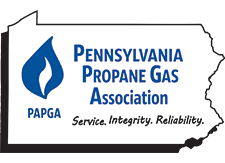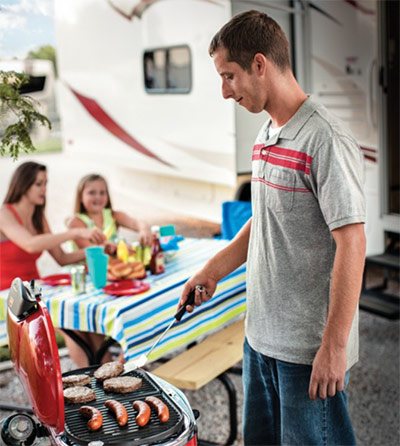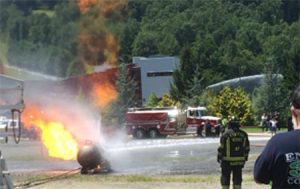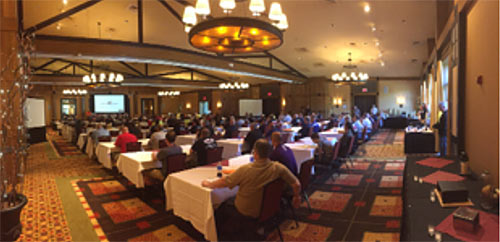Is it time to pull the plug on your water heater?
You may not spend too much time thinking about your water heater. But even if it’s out of sight, out of mind, it’s still working hard for you, day after day. That means it ages fast; a year for you is like 10 for your water heater. So how old is yours really?
The Pennsylvania Propane Gas Association and the Propane Education & Research Council have developed a short but very informative quiz to see if it’s time to pull the plug on your old water heater, and start shopping for a newer, more efficient propane system.
Hit this link to take the quiz!
Home Improvement Expert Danny Lipford tells us a little more about Propane-Powered Water Heaters, including the amazing efficiency of Tankless Propane Water Heaters in this video!
If you want to learn more about propane water heaters, contact your local propane provider. If you need help locating a local expert, use this link to enter your zip code and we will provide contact information for you.
The Pennsylvania Propane Gas Association (PAPGA) is a member-focused trade association providing services that communicate, educate and promote the propane industry in Pennsylvania. The association was formed in 1947 to offer opportunities to learn through training and networking with peers, and to aid with legislative issues that contribute to operating a safe and successful industry. PAPGA continues to focus on education, networking and representing the interest of Pennsylvania’s propane businesses to the government, while assisting members in remaining current on topics vital to the propane industry. The Pennsylvania Propane Gas Association is affiliated with the National Propane Gas Association (NPGA) and the Propane Education and Research Council (PERC).

 Mower Equipment
Mower Equipment

 Be the MVP of your Tailgate Party!
Be the MVP of your Tailgate Party! Over 120 Firefighters, Hazmat Team Members, Law Enforcement, EMTs and Heavy Duty Towing & Recovery Professionals converged on the Bear Creek Mountain Resort to experience hands-on Propane emergency training in July 2015.
Over 120 Firefighters, Hazmat Team Members, Law Enforcement, EMTs and Heavy Duty Towing & Recovery Professionals converged on the Bear Creek Mountain Resort to experience hands-on Propane emergency training in July 2015. Dennis Cruise (PERC) reviewed the critical steps in the chain of command during the communication process in a propane emergency. Mr. Cruise used real-life experiences to relay tactical considerations while responding to a fire and/or explosion.
Dennis Cruise (PERC) reviewed the critical steps in the chain of command during the communication process in a propane emergency. Mr. Cruise used real-life experiences to relay tactical considerations while responding to a fire and/or explosion.